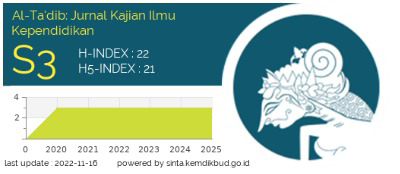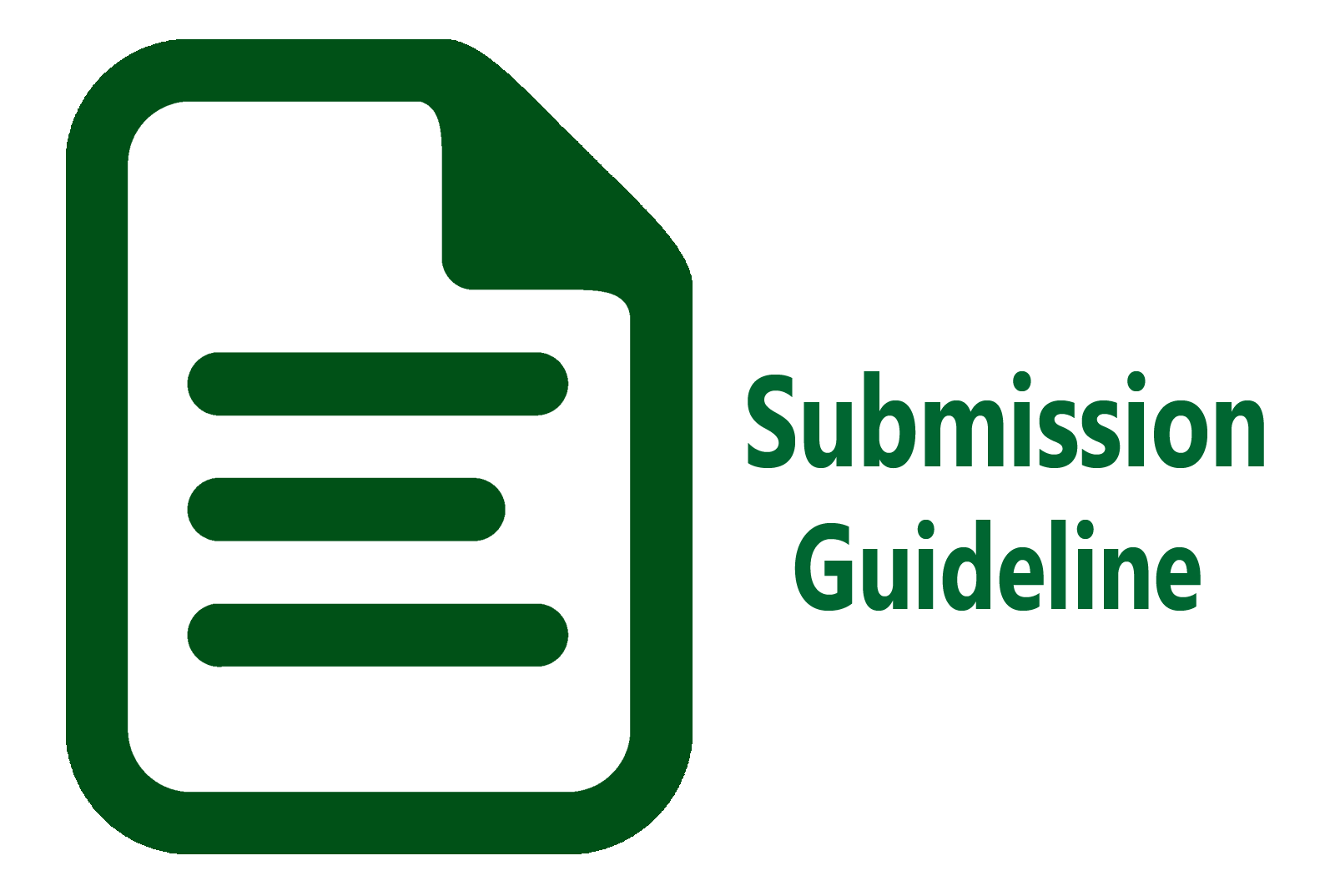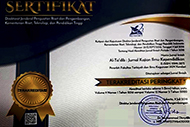Urgensi Etika dan Profesionalisme Guru dalam Perspektif Islam
Abstract
This paper examines the urgency of ethics and professionalism in Islamic perspective. The method used in this study is descriptive-analytical approach to Islamic education. This study concludes that the relationship between teacher ethics and professionalism cannot be separated. When these two virtues are separated, the teacher slips into the teaching malpractice resulting in problems with students’ success in learning. This study also proves that Islam is very broad and firmly regulates and places importance on the ethics, profession and professionalism of the teachers.
Full Text:
PDFReferences
al-Attas, S. M. N. (1981). Islam and sekularisme. Pustaka Pelajar.
Asikin, I. (2015). Konsep pendidikan perspektif Ibnu Jama’ah (telaah terhadap etika guru dalam kegiatan belajar mengajar). Edukasi Islami: Jurnal Pendidikan Islam, 4(7), 825-842.
Bahri, S. H. B. (2003). Ilmu pendidikan. UMJ Press.
Daradjat, Z. (1982). Kepribadian guru. Bulan Bintang.
Darling-Hammond, L. (2005). Teaching as a profession: Lessons in teacher preparation and professional development. Phi Delta Kappan, 87(3), 237-240.
Freire, P. (2000). Pedagogy of freedom: Ethics, democracy, and civic courage. Rowman & Littlefield Publishers.
Hosaini, S. P. I. (2021). Etika dan profesi keguruan. Literasi Nusantara Abadi.
Husaini, A. (2013). Pendidikan karakter berbasis ta’dîb. Tsaqafah, 9(2), 371-394.
Ibn Hazm. (n.d.). Al-Fishal fi al-Milal wa al-Ahwa wa al-Nihal. Kairo, Maktabah al-Khanji.
Ismail, F. (2002). Islam pergumulan kultural dan struktural. LESFI.
Joseph, P. B. (2016). Ethical reflections on becoming teachers. Journal of Moral Education, 45(1), 31-45.
Kabir, A. I. A. (2013). The Qur’ānic approach to the inculcation of moral values: Patterns for teacher education. Quranica: International Journal of Quranic Research, 5(2), 15-32.
Moghaddam, M. S., Rahmani, B., Pakseresht, M. J., & Marashi, S. M. (2016). Foundations and principles of Islamic ethics: A reflection on the relationship between teacher and students. Foundations of Education, 6(1), 23-45.
Muhaimin. (2003). Pengembangan pendidikan Islam. Pustaka Pelajar.
Muhbib. (2000). Etika politik menurut Ibn Hazm. Jurnal Pemikiran Islam Kontekstual Jauhar, 1(1).
Muthoifin, M., Saefuddin, D., & Husaini, A. (2013). Pemikiran pendidikan Ki Hadjar Dewantara dalam perspektif pendidikan Islam. Ta'dibuna: Jurnal Pendidikan Islam, 2(2), 152-197.
Nata, A. (2017). Pendidikan Islam di Indonesia: Tantangan dan peluang. Edukasi: Jurnal Penelitian Pendidikan Agama dan Keagamaan, 2(1). DOI: 10.32729/edukasi.v2i1.352
Nurfaidah, S. (2018). Three attitudes of a reflective teacher. Research and Innovation in Language Learning, 1(1), 39-48.
Purwaningsih, R. F., & Muliyandari, A. (2021). Profesionalisme guru dalam perspektif Islam. Ngaji: Jurnal Pendidikan Islam, 1(1), 61-71.
Rosyada, D. (2004). Paradigma pendidikan demokratis. Prenada.
Sulaiman, A., Nizah, M. A. M., & Norawavi, A. N. (2019). Konsep pendidikan Islam: Adab guru-pelajar. Sains Insani, 4(1), 61-67.
Syah, M. (2013). Psikologi pendidikan dengan pendekatan baru. Remaja Rosdakarya.
Tafsir, A. (2010). Filsafat pendidikan Islam. Remaja Rosdakarya.
Tafsir, A. (2012). Ilmu pendidikan Islam. Remaja Rosdakarya.
DOI: http://dx.doi.org/10.31332/atdbwv14i2.1451
Refbacks
- There are currently no refbacks.
Copyright (c) 2021 samsul bahri

This work is licensed under a Creative Commons Attribution-NonCommercial-ShareAlike 4.0 International License.
| Indexing: |










